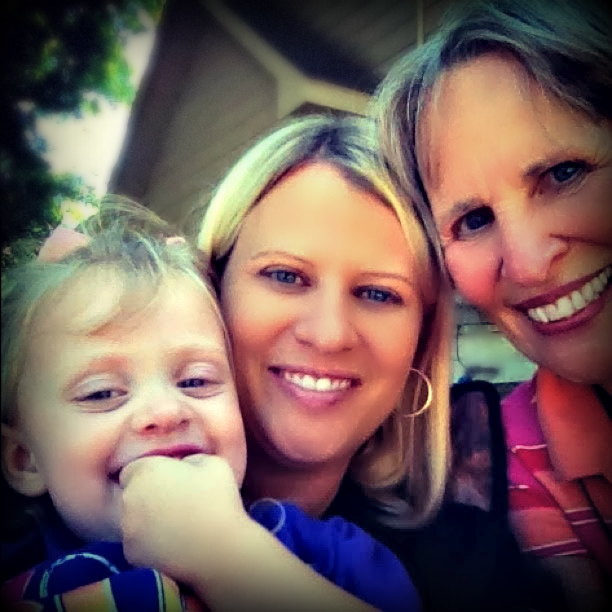THE LEGAL CORNER
By Sam A. Moak
Worries of the Sandwich Generation
The information in this column is not intended as legal advice but to provide a general understanding of the law. Any readers with a legal problem, including those whose questions are addressed here, should consult an attorney for advice on their particular circumstances.
The Sandwich Generation is getting worried. Who are they? Adults stuck between young children and older parents, both of them requiring the adult’s supervision and/or financial care.
What are they worried about? Well, a lot of things, but in specific: how to pay for their parents’ medical care now while also planning for their own future long-term care costs. (Not to mention taking care of the little kids too.) According to a new Associated Press poll, nearly 10% of adults age 40 or older are currently supporting at least one child while also providing regular care for an older relative. In other words, they’re “sandwiched.” Understandably, that gives rise to financial fretting.
Unfortunately, the worrying doesn’t seem to translate to action. The same poll finds that 54% of those sandwiched Americans have done “little or no planning.” Worrying but not planning is a recipe for unhappiness and misfortune. Proactive measures are surprisingly easy to take, and they can afford you tremendous peace of mind — not to mention a better forecast for the future. So why not make those next steps? Or at least look into them?
You might say, “Sam, we don’t have kids.” Procrastination is common across all walks of life, but studies show that those without children are the most likely to postpone planning for the future. That’s curious, given that providing for one’s progeny accounts for only one small part of a comprehensive estate plan.
No one is immune from worst-case scenarios. Being childless doesn’t make you any less likely to suffer from sudden tragedy, nor does it make the legal realities of what will happen after a tragedy any less complex. In other words, an estate plan is equally important for all adults, regardless of whether they have kids. Just this week a friend of our family had a younger brother working on some playground equipment and a pipe swung, hitting him in the head. He is now in ICU and facing a tough battle.
That’s an unsettling thought and an uncommon scenario, but it makes a point. None of us know what tomorrow may bring. Should we end up in an accident, we may face urgent healthcare decisions, choices we may no longer have the capacity to make. And should we unexpectedly perish, we will have assets that must pass to someone else. If today were your last day on earth, who would get your stuff? When it comes to what you’ll leave behind, there are only three buckets: Uncle Sam, charity, or individuals. Generally speaking, Uncle Sam is the least appealing. That concern is as pressing for the young and childless as it is for parents.
I urge you, whether you find yourself taking care of parents and young children or even if you have no children, make the time to sit down with an attorney experienced in estate planning. Such an attorney should be trained and familiar with estate planning and probate. The advice they provide will assist you in making the best and least complicated plan to take care of both parents and children if that is the need.
Sam A. Moak is an attorney with the Huntsville law firm of Moak & Moak, P.C. He is licensed to practice in all fields of law by the Supreme Court of Texas, is a Member of the State Bar College, and is a member of the Real Estate, Probate and Trust Law Section of the State Bar of Texas.

